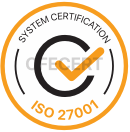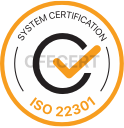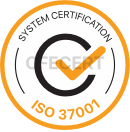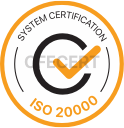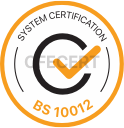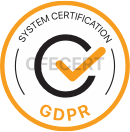In today’s automotive landscape, where electrical and electronic (E/E) systems reign supreme, ensuring the safety and reliability of these components is paramount.
The consequences of failure can be dire, leading to costly recalls and even putting consumers at risk. Enter ISO 26262, a global standard specifically tailored for the automotive industry to address functional safety concerns in E/E systems. Derived from the renowned IEC 61508 standard, ISO 26262 covers every phase of a product’s lifecycle, from design specifications to decommissioning. At its core is the Automotive Safety Integrity Level (ASIL), which quantifies risk based on severity, exposure, and controllability. With 12 comprehensive parts, ISO 26262 provides a roadmap for managing functional safety, production, and operation, while also offering guidelines for specific domains like hardware and software development.
The benefits of ISO 26262 certification are manifold. It confirms the presence of robust risk and hazard analysis processes, instills consumer confidence, and reduces the likelihood of safety-related recalls. Moreover, aligning with UN Sustainable Development Goal 9, ISO 26262 contributes to fostering industry innovation and infrastructure, paving the way for safer, more sustainable automotive technologies.

In addition to ISO 26262 for functional safety, the automotive industry can benefit from implementing other management systems standards to enhance overall operations and performance. One such standard is ISO 9001, which focuses on quality management. ISO 9001 provides a framework for organizations to establish processes that consistently meet customer requirements and enhance satisfaction. By obtaining ISO 9001 certification, automotive companies can demonstrate their commitment to delivering high-quality products and services while improving efficiency and reducing waste.
Moreover, ISO/TS 16949, now replaced by IATF 16949, is another crucial standard for automotive quality management. Developed by the International Automotive Task Force (IATF), this standard is specific to the automotive industry and aligns with ISO 9001 requirements. IATF 16949 emphasizes the development of a robust quality management system, continuous improvement, and risk-based thinking throughout the automotive supply chain. Compliance with IATF 16949 is often a prerequisite for automotive suppliers seeking to do business with major manufacturers.
Furthermore, environmental management systems (EMS) standards such as ISO 14001 can help automotive companies minimize their environmental impact. ISO 14001 provides a framework for organizations to identify and manage environmental aspects, comply with applicable legal and regulatory requirements, and continually improve environmental performance. By integrating environmental considerations into their operations, automotive manufacturers can reduce waste, conserve resources, and enhance their sustainability credentials.
By adopting and integrating these management systems standards into their operations, automotive companies can streamline processes, mitigate risks, improve product quality, and demonstrate their commitment to excellence, safety, and sustainability across the industry. Get in touch with us to learn how to achieve excellence through management systems for your organisation!



